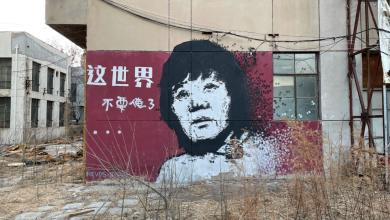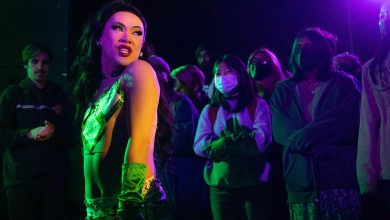Lena Horne
Lena Horne’s stage career began in the early 1930s and ran until the 1990s. Raised by a feminist grandmother, she left school when she was sixteen to work as a chorus girl in the Cotton Club where she and other African American entertainers performed for an exclusively white audience. A few years later, she worked in New York nightclubs and toured with the all-white Charlie Barnet Orchestra, making her the first African American to do so.
She continued to face racial barriers, however, and was often barred from staying at the hotels where she performed, especially in the Southern states.
She soon moved to Hollywood where she began acting in movies. Due to her lighter skin tone, MGM pushed her to “pass as a Latin” rather than as a black woman, but she refused. Instead, she was cast in insubstantial roles, and her scenes could be easily removed (as many scenes with African American actors were in the South). She did star in two “all-black” musicals, Cabin in the Sky and Stormy Weather, both released in 1943.
Lena Horne Singing Stormy Weather:
As one of the few African American women in Hollywood, and with her major roles in Cabin in the Sky and Stormy Weather, Lena Horne became a symbol of African American beauty in the 1940s. During World War II, many African American GIs viewed her as “their” pin-up girl.
She also performed for troops, but she refused to to sing in front of segregated audiences and reportedly walked out of a performance after realizing German prisoners of war were seated in front of African American soldiers.
Although Horne is mostly remembered for her sultry singing voice, beauty, and her reputation as one of the first African American stars in Hollywood, she was also an activist of the Civil Rights movement. During the 1950s, her liberal views and her friendship with Soviet sympathizer Paul Robeson earned her a spot on Joe McCarthy’s blacklist and barred her from working on TV shows or movies. But she continued working, recording albums and singing at nightclubs and became even more popular. In 1963, she participated in Martin Luther King Jr.’s March on Washington. She also performed at rallies for the National Council of Negro Women, an organization aimed at improving the lives of African American women throughout the United States.
While her Telegraph obituary suggests that her light skin could have made it easier for her to achieve fame, Lena Horne refused to deny her existence as a African American woman and fought numerous roadblocks to pave a way for the African American actresses that followed her.




